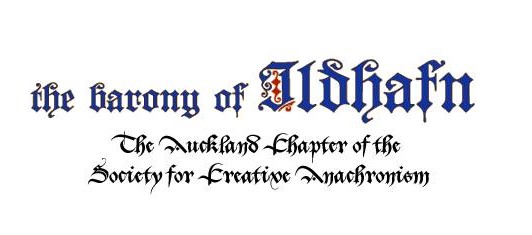Date:
1597 (published in The Cittharn Schoole)
Description:
“Change then for lo, she changeth” is a melancholic and refined Elizabethan song composed by William Holborne, brother of the more famous Anthony Holborne. It was published in The Cittharn Schoole, a collection of songs and dances for cittern (a wire-strung plucked instrument popular in the Renaissance). This piece reflects themes of love’s inconstancy and emotional resignation, a favourite subject in Elizabethan poetry and music.
Discussion:
Though less well-known than Dowland, William Holborne’s contributions to the English song tradition are graceful and expressively subtle. The piece was likely performed either solo with cittern accompaniment or by a small vocal consort. The music aligns with the late Renaissance English style—text-focused, harmonically rich, and tinged with melancholy. The song fits well within domestic music-making or courtly entertainment.
Composer:
William Holborne
Arranged by:
Originally for solo voice and cittern (or voice with consort). Modern arrangements available for:
- Solo voice and guitar/lute
- SATB vocal ensemble
- Instrumental consort (recorders, viols)
Sheet Music:
Available in facsimiles or modern transcriptions of The Cittharn Schoole (1597), and through early music publishers (some editions adapted for modern instruments or choirs)
The arrangement we use is from the Big Lochac Snogbook(page 17),pdf, or musescore file.
Parts:
- Solo voice with cittern or lute
- SATB vocal setting
- Optional instrumental consort arrangement
Type:
Elizabethan Song / Lute or Cittern Song
Language:
Early Modern English
Ranges:
(Solo voice version, approximate)
- Voice: D3 – E5
(SATB version) - Soprano: C4 – G5
- Alto: A3 – D5
- Tenor: C3 – A4
- Bass: F2 – D4
Advice for beginners:
A beautiful introduction to Elizabethan song. The melody is expressive but manageable for intermediate singers. The harmonies are subtle and blend best with gentle dynamic shading. Great for exploring period pronunciation, emotional expression, and ensemble coordination in consort settings. Guitarists or lutenists can adapt cittern parts with relative ease.
Sound Files:
Here are some sound files for reference. All parts, soprano, alto, bass
